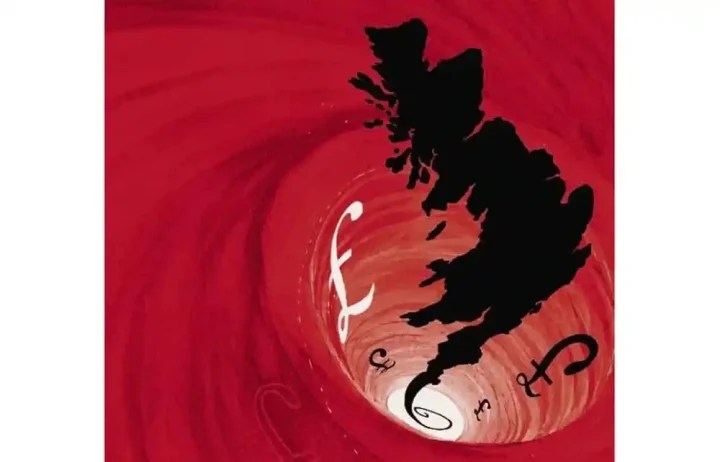Inflation figures out this morning make for grim reading: the headline rate didn’t budge, sticking at 8.7 per cent on the year in May. Far worse, core inflation (which excludes food and energy) rose once again, to 7.1 per cent on the year in May, up from 6.8 per cent in April.
This latest update from the Office for National Statistics carries far more weight than your usual monthly report. With mortgage costs spiralling into a crisis, the Bank of England will have been looking for any excuse to stick to a dovish interest rate hike or to even hold rates, as the Federal Reserve did last week for the first time since 2022. But it’s hard to see how they can opt for such a cautious strategy now.
What is troubling is that the inflation figures defy the consensus that the rate would fall at least marginally in May (the Bank had estimated a fall to 8.3 per cent by now).
‘Rising prices for air travel, recreational and cultural goods and services, and second-hand cars resulted in the largest upward contributions’ to the headline rate, according to the ONS. All services combined last month rose on the year from 6.9 per cent to 7.4 per cent. Motor fuel prices fell most significantly. Food inflation looks like it may have peaked, falling from 19 per cent on the year in April to 18.3 per cent in May. The right direction, but still a sky-high increase: an important reminder that a reduction in the rate still means prices are going up.
These numbers also reveal the extent to which falls in energy costs were covering up for price hikes elsewhere. The inflation rate was always expected to fall in April because it marked the month that last year’s uplift in the energy price cap fell out of the annual estimates. That the rate hasn’t budged suggests that falls in energy and gas prices were doing all the heavy lifting, as underlying inflationary pressures were rising in the background.
This is why the core inflation figure – up nearly a full percentage point on the year since March, now at a 31-year high – is so worrying. Volatile areas like food and energy – both impacted by the war in Ukraine – have been used by the Bank and England (and politicians) to explain away our inflation woes. But core inflation excludes these things; and once they are taken out of the equation it becomes obvious that prices across the UK economy are still rising at a fairly quick pace. This ‘acceleration in core inflation,’ says Capital Economics, ‘leaves the UK looking increasingly like the global outlier and the 'stagflation nation'’
A rate hike tomorrow seems all but guaranteed tomorrow – the question now is whether we get another 0.25 per cent rise or something more aggressive, though the Bank's Monetary Policy Committee will be loath to do it. But they are running out of options, as the rate of inflation refuses to budge.
Market expectation is already that rates will peak at 6 per cent: average two-year fixed rate mortgages have hit that number already this week. Today’s inflation news may increase the expectation of further rises. With mortgage offers already being pulled from the market by some of the biggest banks, it’s hard to imagine a worse time for such a grim inflation update to be produced.







Comments